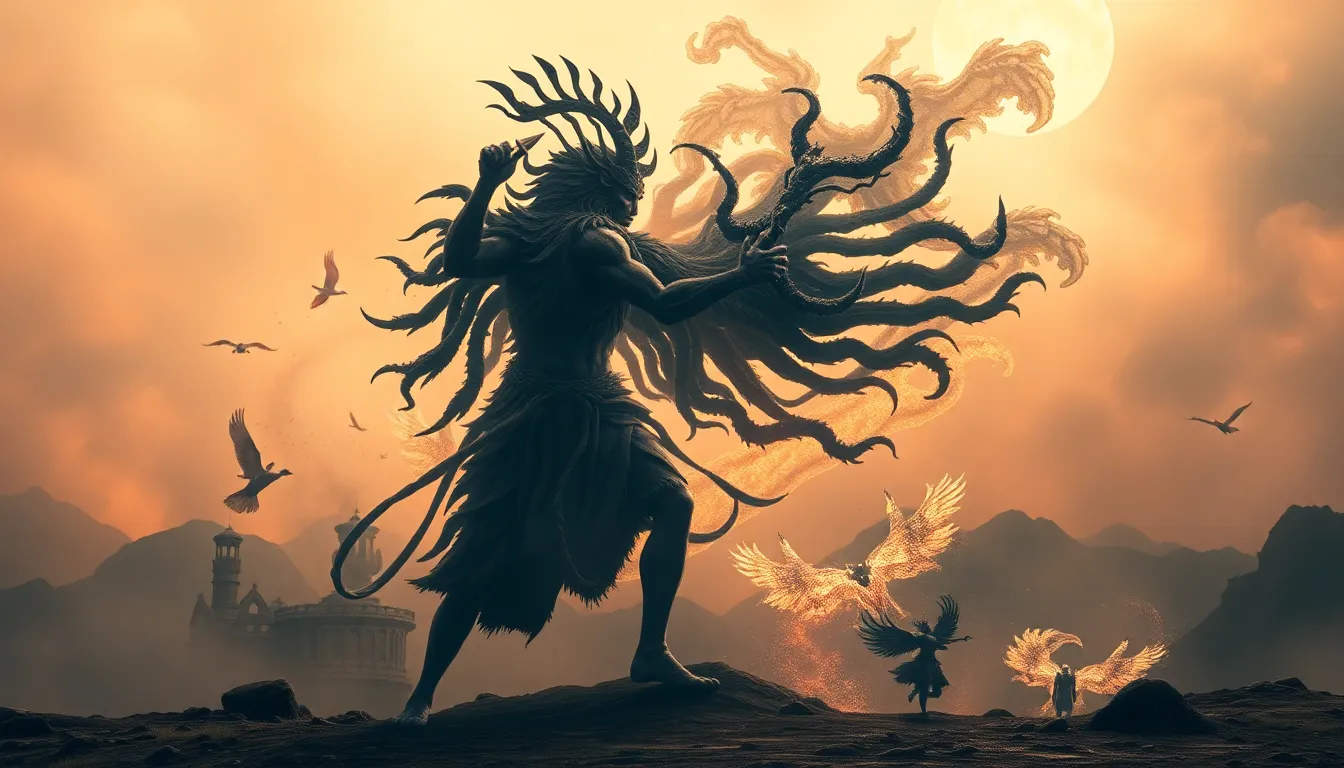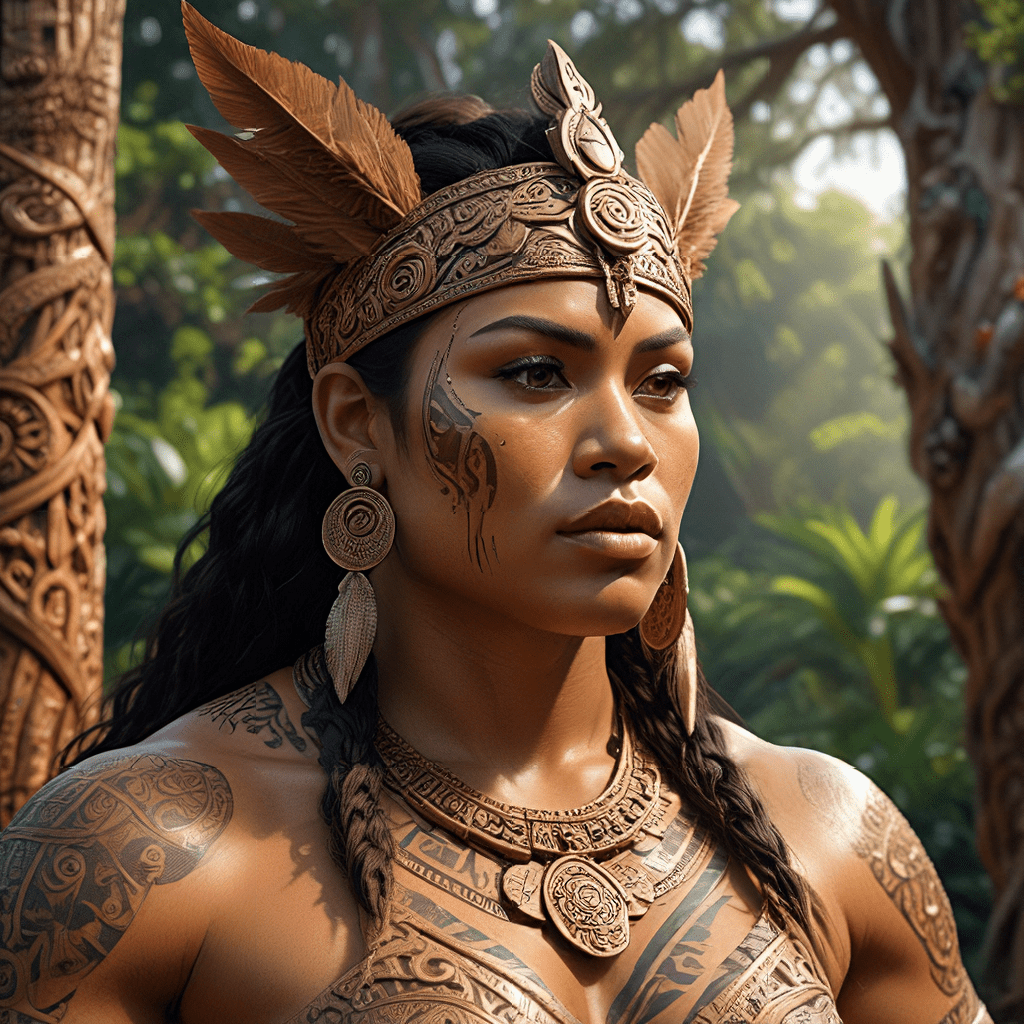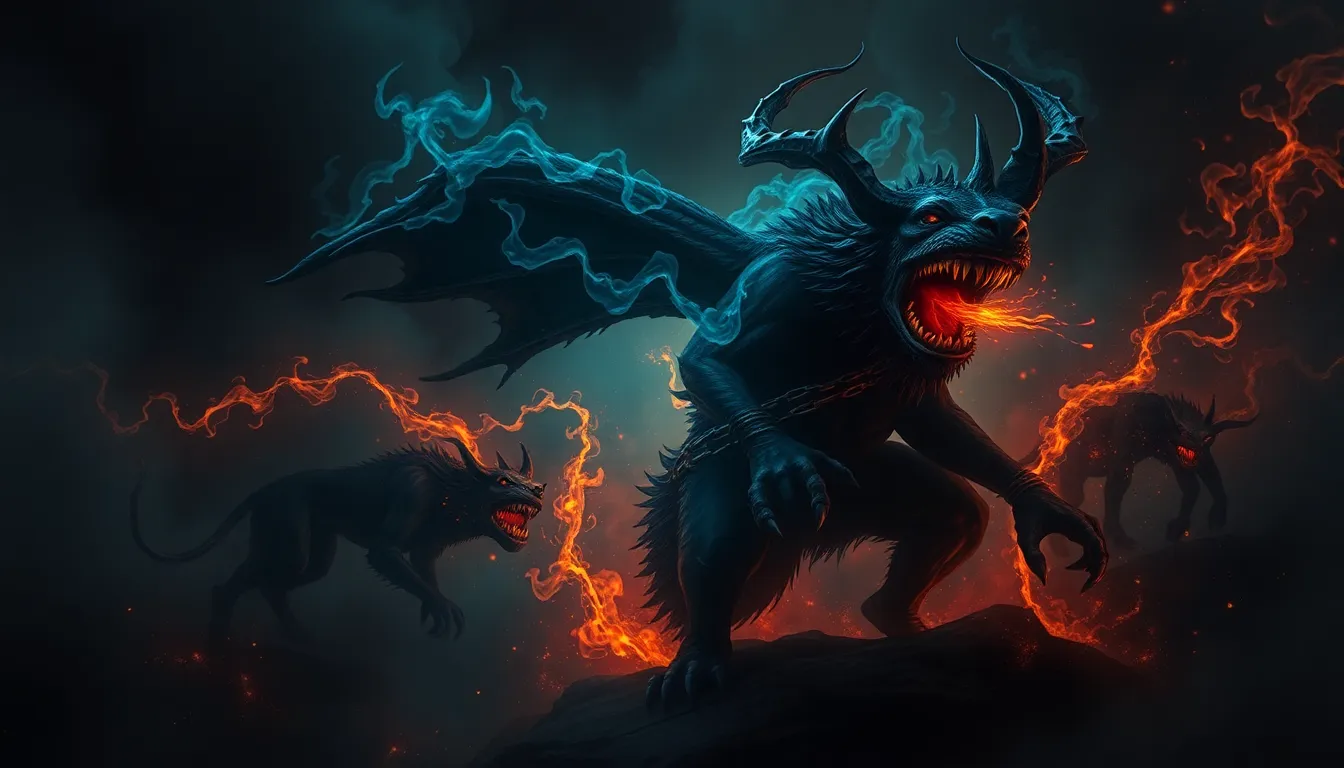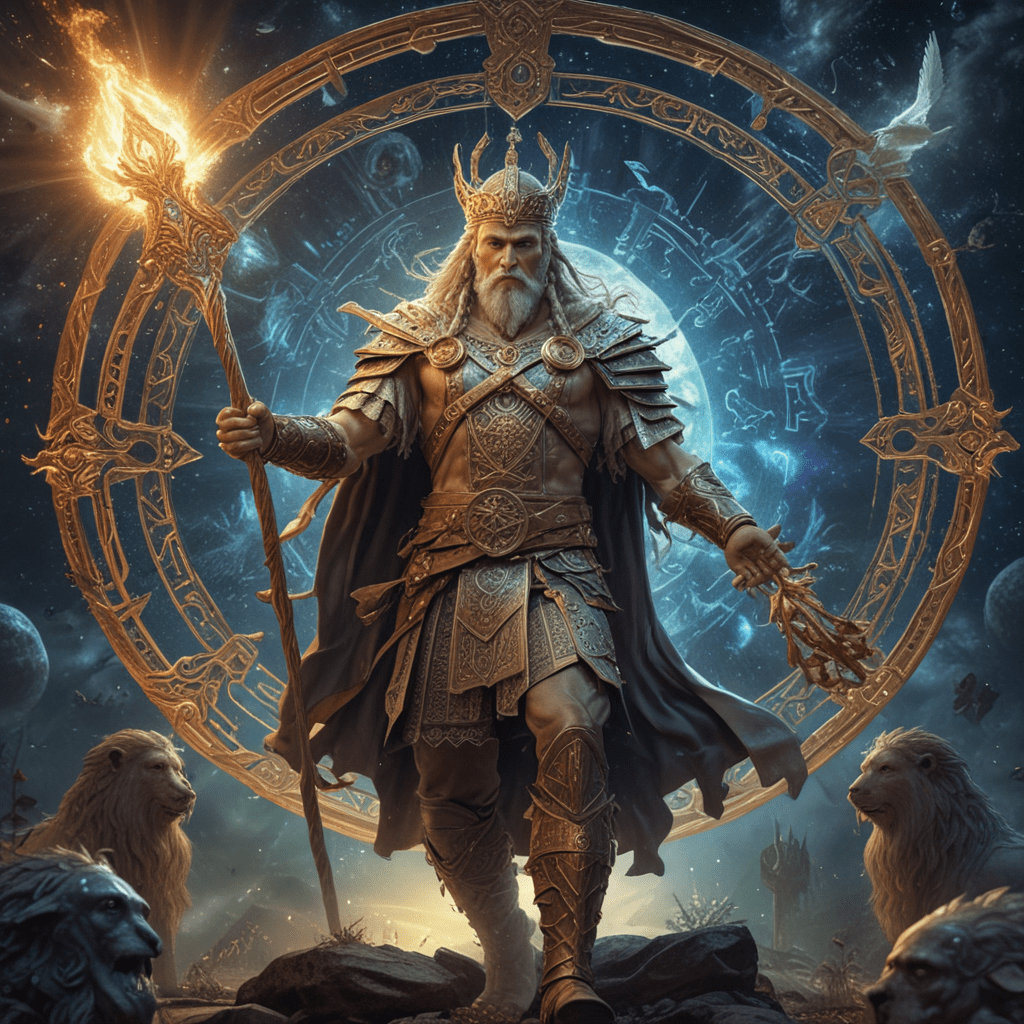The Transformative Nature of Cultural Hero Myths
Introduction to Cultural Hero Myths
Cultural hero myths are narratives that celebrate individuals who embody the values, aspirations, and ideals of a society. These myths often portray heroes as larger-than-life figures who embark on extraordinary journeys, overcoming challenges and undergoing transformations in the process. The importance of these myths cannot be overstated; they serve as a means of cultural preservation, teaching moral lessons, and inspiring future generations.
This article aims to explore the transformative nature of cultural hero myths, examining their historical context, characteristics, psychological impact, cultural reflection, and their evolution into modern adaptations. We will delve into how these narratives shape not only individual identities but also societal values and aspirations.
Historical Context of Hero Myths
The origins of hero myths can be traced back to ancient civilizations around the world. From the epic tales of heroes in Greek mythology to the rich narratives in Egyptian and Indigenous cultures, these stories have evolved over millennia. Historical context is crucial in understanding how hero myths have adapted to changes in society.
- Greek Civilization: Figures like Hercules and Odysseus exemplify the hero’s journey, showcasing strength, intelligence, and moral dilemmas.
- Egyptian Mythology: Osiris and Isis represent themes of resurrection and the cyclical nature of life, emphasizing the importance of family and justice.
- Indigenous Cultures: Heroes in these narratives often embody a deep connection to nature and community, reflecting the values and teachings of their societies.
Over time, hero myths have evolved, adapting to reflect the changing values and challenges of the societies that tell them. These transformations reveal the dynamic nature of cultural storytelling and its ability to respond to contemporary issues.
Characteristics of Hero Myths
Cultural heroes share several common traits that define their narratives:
- Quests: Heroes often embark on significant journeys that test their abilities and resolve.
- Trials: They face various obstacles, symbolizing the struggle against adversity.
- Moral Lessons: Hero myths typically impart lessons about courage, sacrifice, and ethical conduct.
The archetype of the hero is central to these narratives, embodying the collective values and aspirations of the culture. Symbolic elements, such as magical artifacts and mentors, further enrich these stories, adding layers of meaning that resonate with audiences across generations.
Psychological Impact of Hero Myths
The psychological impact of hero myths is profound. Carl Jung’s theory of archetypes posits that these figures tap into the collective unconscious, representing fundamental human experiences and challenges. As individuals engage with hero narratives, they can find reflections of their struggles and aspirations.
Hero myths play a crucial role in individual identity formation. They provide models for behavior and decision-making, often inspiring individuals to pursue their own heroic journeys. On a societal level, these myths influence collective aspirations, shaping cultural movements and values.
Cultural Reflection and Reinforcement
Hero myths serve as mirrors to societal values and norms. They reflect what a culture deems important, whether it be bravery, loyalty, or justice. This reflection reinforces cultural identity, as individuals align themselves with these heroic ideals.
Case studies of specific hero myths illustrate their cultural significance:
- King Arthur: Represents chivalry and noble leadership, embodying the ideals of medieval society.
- Robin Hood: Challenges social injustice, highlighting themes of equity and rebellion against oppression.
- Spider-Man: A modern hero who emphasizes responsibility and the moral imperative to help others.
These examples demonstrate how hero myths can inspire societal change and reinforce cultural values.
Transformative Journeys: Heroes as Agents of Change
The hero’s journey often serves as a metaphor for both personal and societal transformation. Heroes not only undergo significant changes themselves but also catalyze change in their communities.
Famous hero narratives, such as those of Odysseus and Gilgamesh, illustrate this transformative power. Odysseus’s journey home from Troy symbolizes the quest for identity and belonging, while Gilgamesh’s search for immortality reflects humanity’s struggle with mortality and legacy.
Moreover, hero myths have been instrumental in social movements, inspiring individuals to fight for justice and equality. The narratives of historical figures like Martin Luther King Jr. and Nelson Mandela can be viewed as modern adaptations of the heroic journey, showcasing their roles as agents of change.
Modern Adaptations of Hero Myths
In contemporary society, hero myths continue to resonate through literature, film, and media. Modern retellings often reinterpret ancient narratives, making them relevant to today’s audiences. For instance, movies like “Wonder Woman” and “Black Panther” reimagine traditional heroism, incorporating themes of empowerment and cultural identity.
The relevance of ancient myths persists as they address timeless themes of struggle, resilience, and transformation. Contemporary cultural heroes, such as activists and innovators, echo these timeless narratives, reinforcing the idea that heroism exists in many forms.
Critiques and Challenges of Hero Myths
While hero myths can inspire and unite, they also present problematic aspects. The glorification of certain heroes can lead to stereotyping and the perpetuation of power dynamics. For instance, the classic hero often embodies traits associated with privilege, sidelining voices from marginalized groups.
Moreover, the narratives surrounding heroism can sometimes overshadow the contributions of collective efforts in favor of individual glorification. It is essential to examine and critique these narratives to ensure a more inclusive portrayal of heroism that honors diverse experiences and perspectives.
The Future of Cultural Hero Myths
Looking ahead, cultural hero myths are likely to evolve in response to global changes. Technology and social media play a vital role in shaping new narratives, allowing for greater participation and representation in storytelling.
As the world becomes increasingly interconnected, there is potential for new cultural heroes to emerge, reflecting the complexities of contemporary society. These heroes may challenge existing norms and redefine what it means to be heroic in a rapidly changing world.
Conclusion: The Enduring Legacy of Cultural Hero Myths
In summary, cultural hero myths are powerful narratives that shape individual identities and societal values. They reflect our aspirations, struggles, and transformations, serving as both mirrors and catalysts for change. The ongoing significance of these myths lies in their ability to inspire and unite diverse communities.
As we embrace diverse narratives of heroism, we can foster a more inclusive understanding of what it means to be a hero. By recognizing the complexity of these stories, we can ensure that the legacy of cultural hero myths continues to inspire future generations in their quests for transformation.




